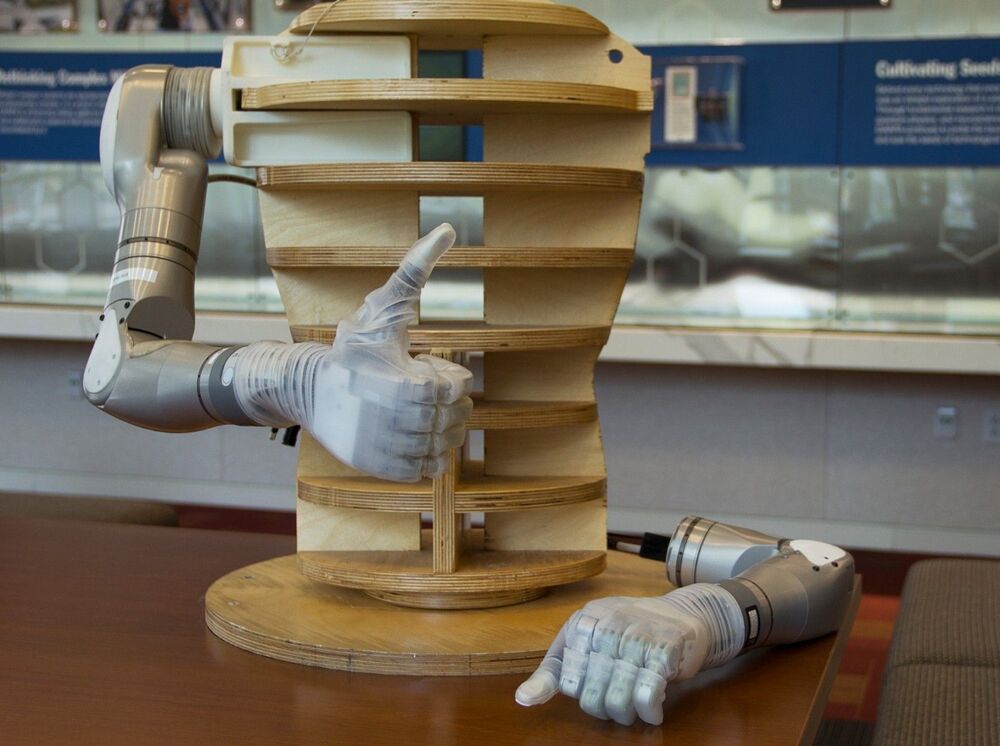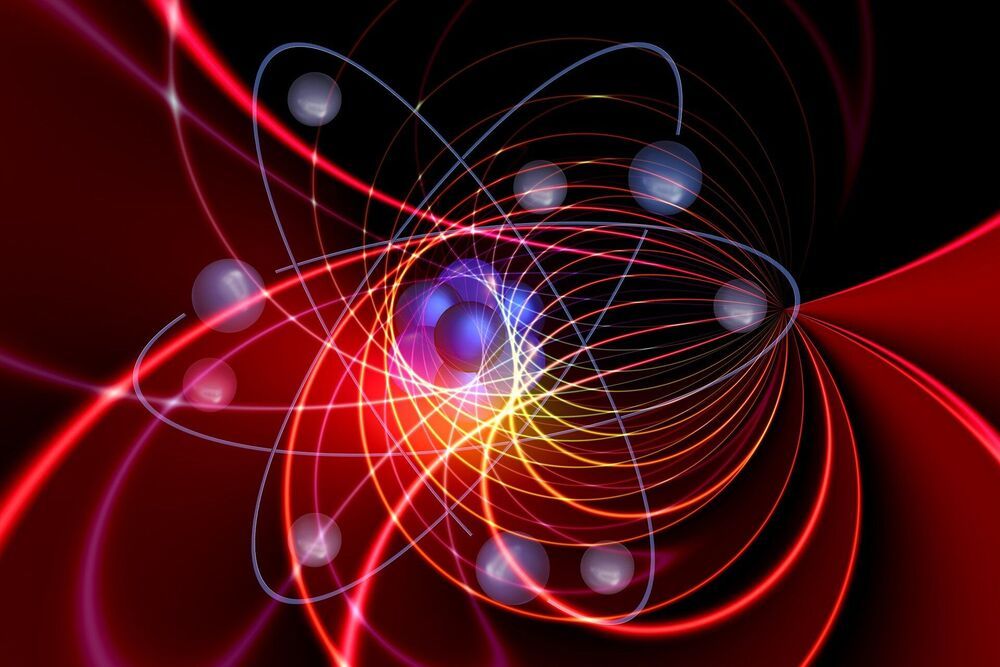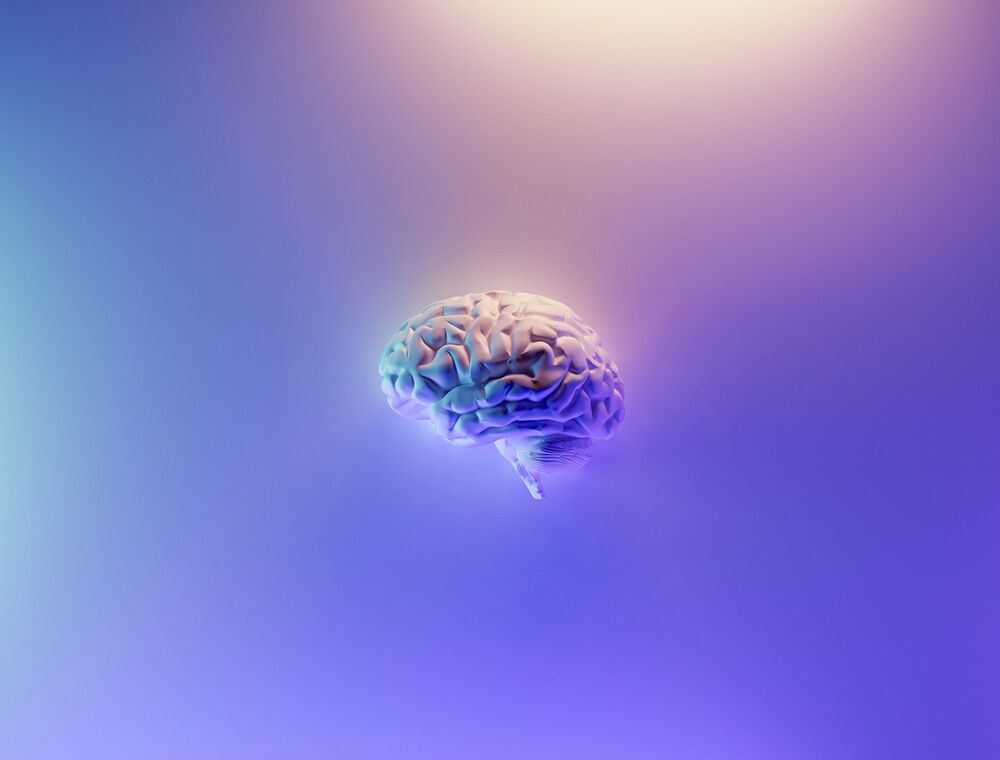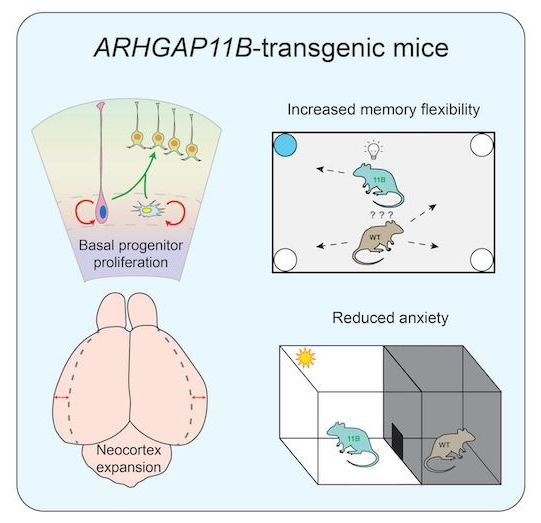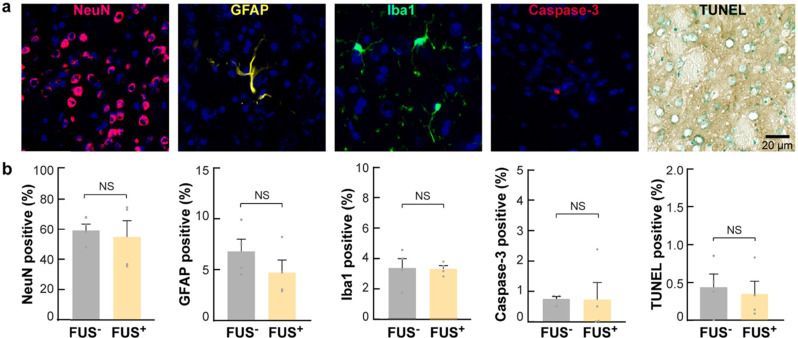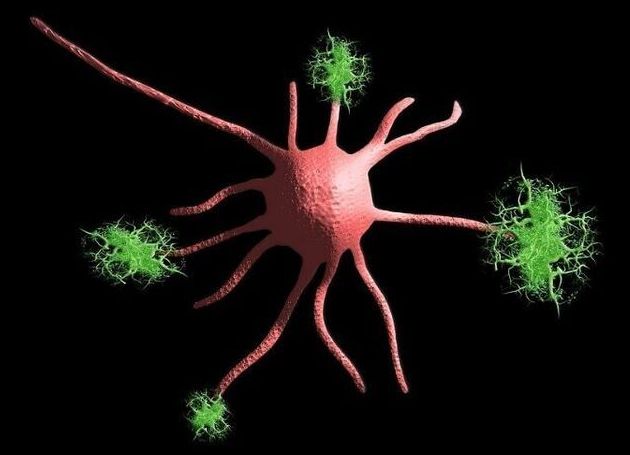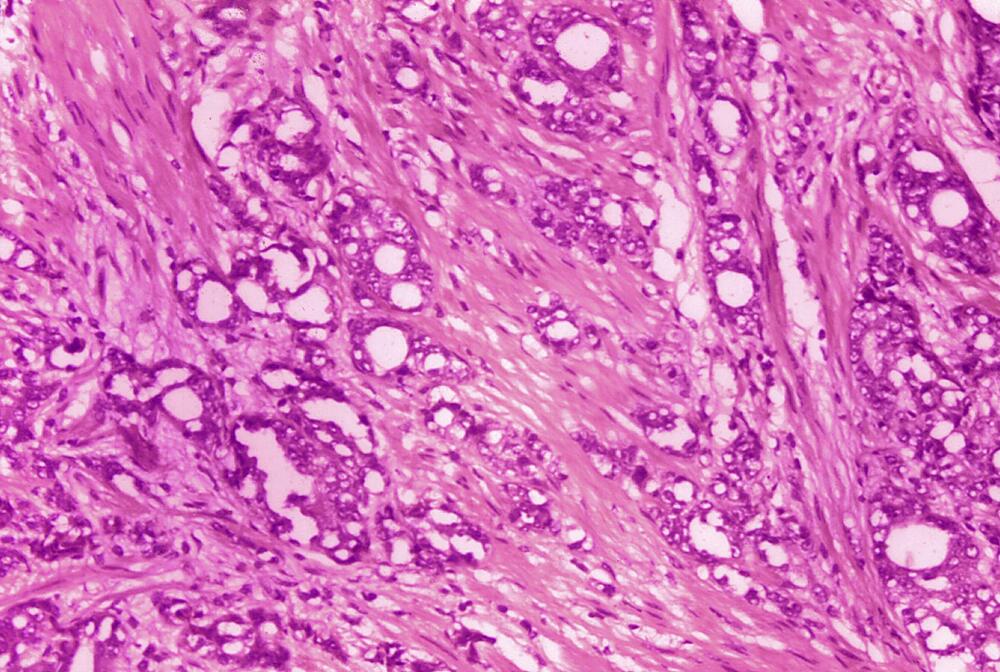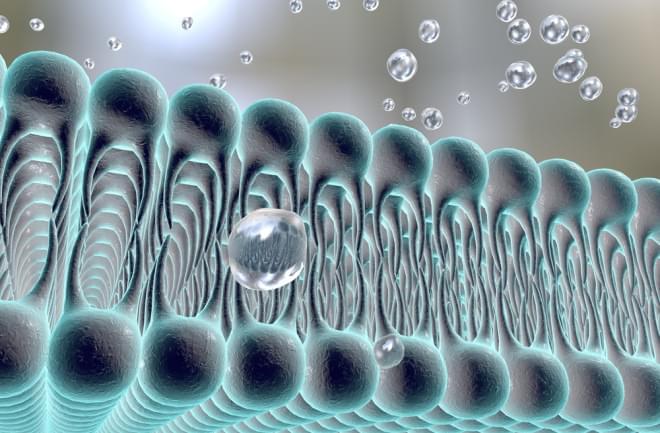The Tsimane, an indigenous people who live in the Bolivian peripheries of the Amazon rainforest, lead lives that are very different to ours. They seem to be much healthier for it.
This tribal and largely isolated population of forager-horticulturalists still lives today by traditional ways of farming, hunting, gathering, and fishing – continuing the practices of their ancestors, established in a time long before industrialization and urbanization transformed most of the world.
For the Tsimane, the advantages are considerable. A study published in 2017 found that they effectively have the healthiest hearts in the world, with the lowest reported levels of coronary artery disease of any population ever recorded.

